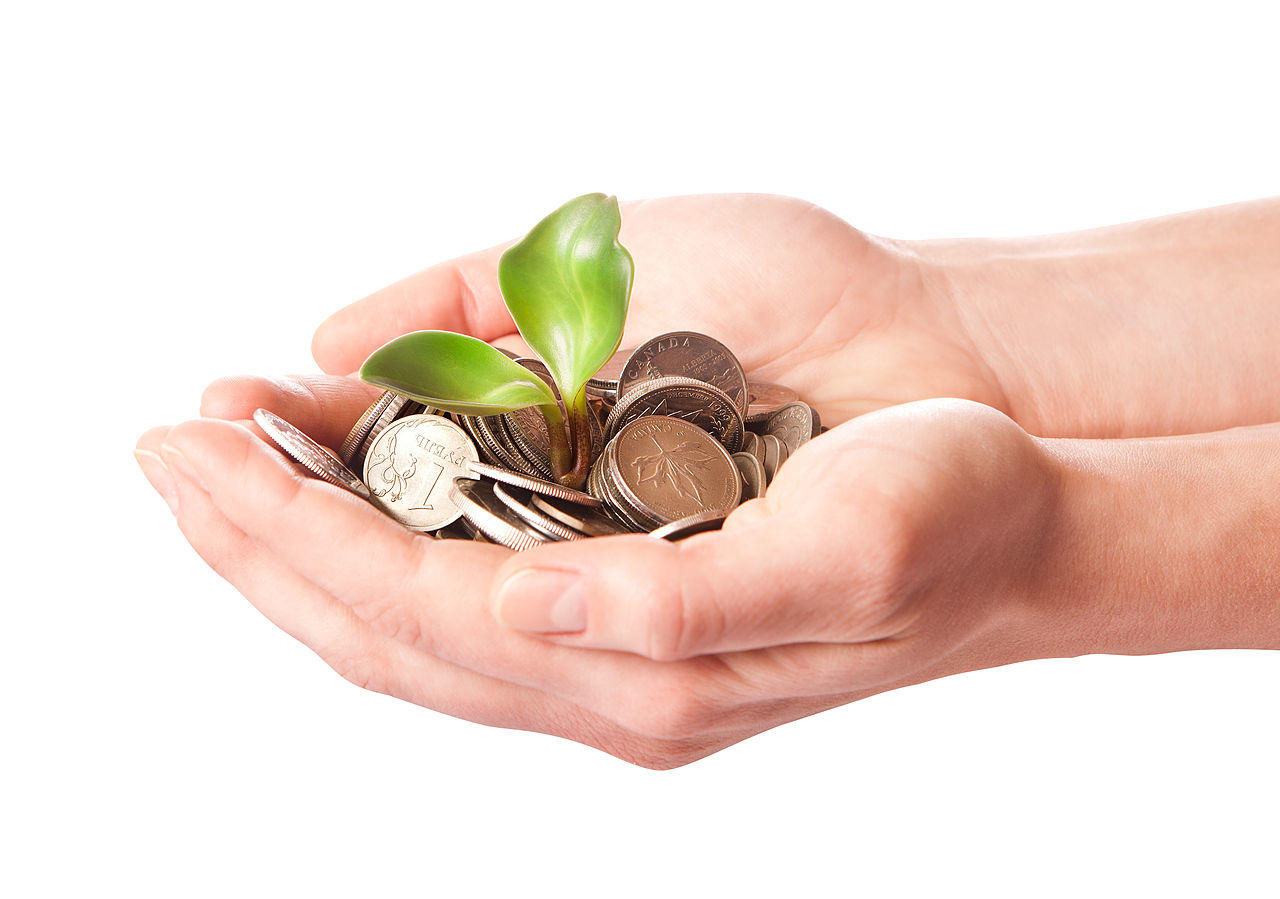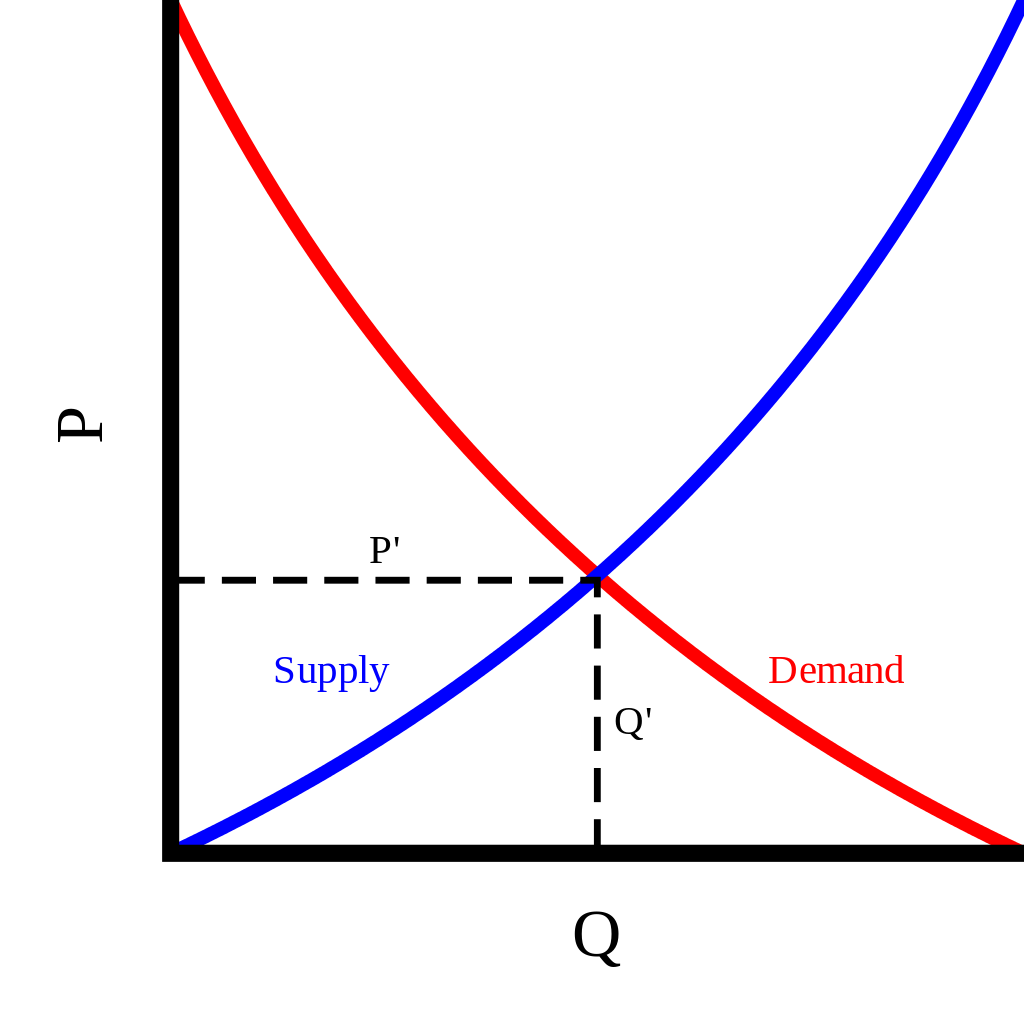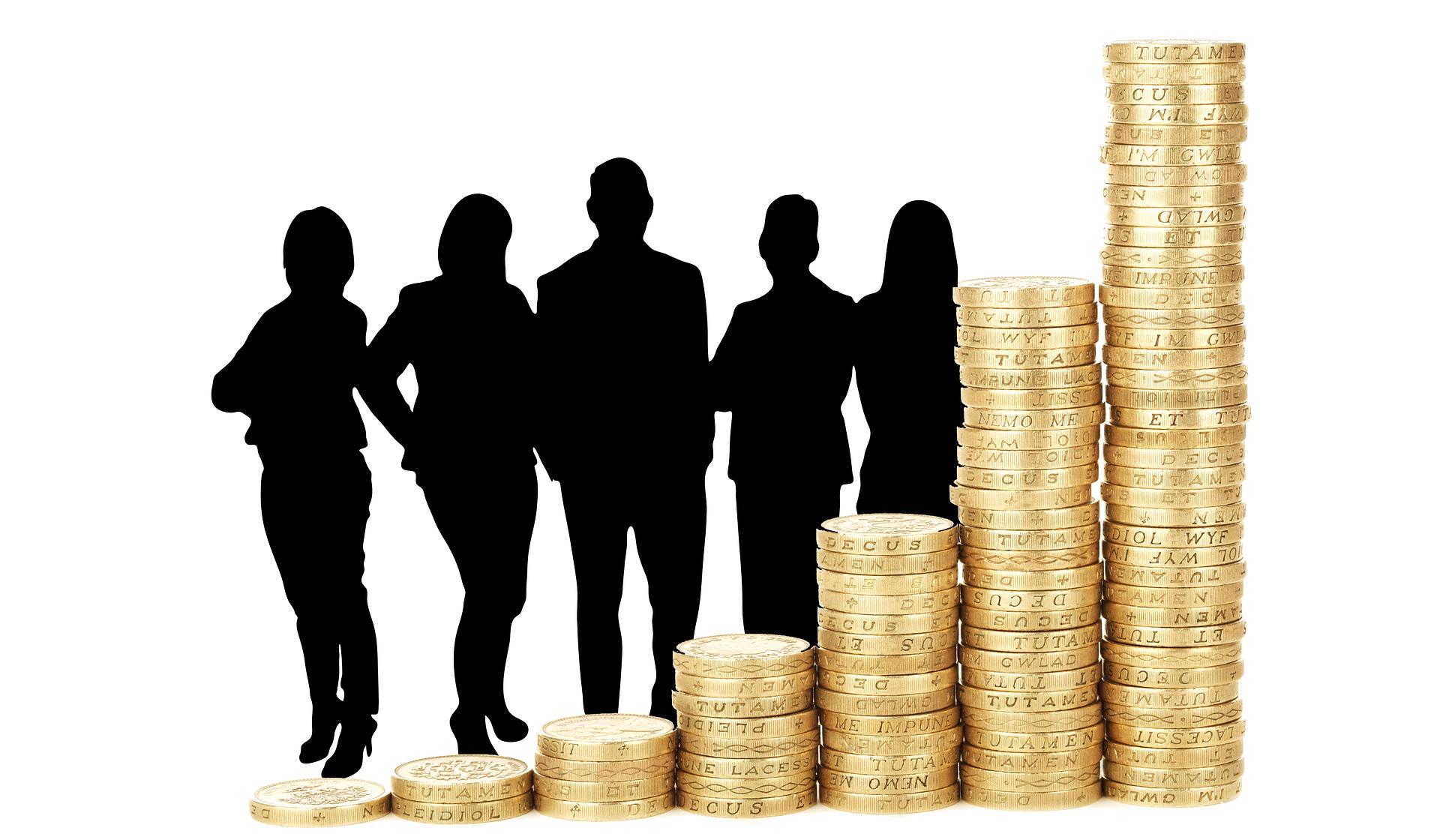Economics can have many definitions. Often, the meaning of economics depends on which economist you ask. Although in the strictest sense, economics is defined in the dictionary as:
- “The branch of knowledge concerned with the production, consumption, and transfer of wealth”; or
- “The condition of a region or group as regards material prosperity.”
However, economics as a social science can have more meanings and does not have to necessarily focus on wealth or prosperity.
So when it comes to understanding what economics really means, and how you can benefit from studying it, there really is so much to know and learn.
That’s why it can help to have an economics tutor by your side, to help guide you through the maze that an economics curriculum can sometimes feel like. An economics teacher can be very beneficial, as he or she can provide you with a different perspective on economics, and introduce you to economic systems or concepts you may not have previously seen in your studies.
However, there’s nothing to stop you learning more about economics, its wider meaning, and current economic issues on your own as well.
Simplest Way To Define The Concept Of Economics
Economics can be defined as the study of how individuals, businesses, governments, and societies make choices about using limited resources to fulfill unlimited wants and needs.
Learn the basics of economics here.


Definition Of Economics & Types Of Economics
Economics is a social science that studies how individuals, businesses, governments, and societies make choices about the allocation of scarce resources to satisfy unlimited wants and needs. It examines the production, distribution, and consumption of goods and services and the behavior of individuals and institutions in the economic system.
Types of Economics:
- Microeconomics
Microeconomics focuses on the economic behavior of individual agents such as households, consumers, firms, and industries. It examines how these agents make decisions regarding resource allocation, pricing, production, and consumption at a smaller scale. Microeconomics also analyzes market structures, supply and demand, and the effects of government interventions on individual economic units. - Macroeconomics
Macroeconomics deals with the broader aspects of the economy as a whole. It studies aggregated economic variables such as national income, GDP (Gross Domestic Product), inflation, unemployment, economic growth, and the interactions between different sectors of the economy. Macroeconomics explores the factors influencing the overall performance of an economy and the policies used to stabilize and promote economic growth. - Development EconomicsDevelopment economics focuses on understanding the economic conditions and processes of developing countries. It examines the factors that contribute to economic development, such as poverty, income inequality, education, healthcare, infrastructure, and international trade. Development economists analyze policies and strategies to alleviate poverty, promote sustainable development, and improve living standards in less-developed economies.
- International EconomicsInternational economics studies the economic interactions between countries and the global economy. It analyzes international trade, foreign direct investment, exchange rates, balance of payments, and the impact of globalization on national economies. International economists examine trade policies, trade agreements, and the effects of international economic integration on domestic and global welfare.
- Behavioral EconomicsBehavioral economics combines elements of psychology and economics to understand how human behavior and decision-making affect economic outcomes. It explores the cognitive biases, heuristics, and irrational behavior that influence economic choices. Behavioral economists study topics such as consumer behavior, savings, investments, and the effects of incentives and nudges on decision-making.
- Environmental EconomicsEnvironmental economics focuses on the interactions between the economy and the environment. It examines how economic activities impact natural resources, pollution, climate change, and sustainable development. Environmental economists analyze the costs and benefits of environmental policies, the valuation of ecosystem services, and the trade-offs between economic growth and environmental conservation.
Is Economics Arts or Science?
The classification of economics as either an art or a science has been a subject of debate among scholars. The nature of economics encompasses elements of both disciplines, making it an interdisciplinary field.
Economics is often considered a social science because it applies scientific methods and tools to study human behavior, economic phenomena, and the functioning of economic systems. It involves systematic observation, data analysis, hypothesis testing, and the development of theories and models to explain economic phenomena. Economics employs quantitative and qualitative research methods to gather and analyze data, similar to other scientific disciplines.
At the same time, economics also incorporates elements of an art. Economic analysis requires subjective judgment, interpretation, and the application of theoretical frameworks to real-world situations. Economists often make value judgments and consider ethical, political, and social factors when formulating policy recommendations or interpreting economic outcomes. Economic policymaking involves making choices and trade-offs based on societal preferences and goals, which can be subjective and context-dependent.
In summary, economics can be seen as a social science that employs scientific methods to understand and explain economic behavior and phenomena. However, it also involves elements of art, as it requires subjective interpretation and the application of economic theory to real-world contexts.
Find an economics class that will teach you the basics of economics.

The Difficulty in Finding Economic Meaning
Broadly speaking, economics can be broken down into two overarching fields:
- Macroeconomics; and
- Microeconomics
These two fields are completely separate to one another, and what you learn or examine within economics will really depend on what field you’re looking at. What's more, your definition of what economics is may change depending on whether you are a specialist in microeconomics or macroeconomics.
Macroeconomics
Macroeconomics as a field looks at how the economy behaves in aggregate and what influences it.
In practice, this means that macroeconomics can comprise the study of items such as:
- Inflation;
- Gross domestic product (GDP);
- Monetary policies; and
- Rates of employment or unemployment.
Essentially, any item that can influence how the economy behaves as a whole should fall within the scope of macroeconomic analysis.
The benefits of macroeconomics are numerous. For example, governments can make use of macroeconomic analysis to understand how best to develop their economic policies, as well as how to improve the growth of the economy or boost factors such as unemployment.
Modern macroeconomics is often associated with John Maynard Keynes. Keynes is one of the most influential economists ever, whose ideas went against previous beliefs in laissez-faire economic policies.
Microeconomics
As the name of the term suggests, microeconomics is the polar opposite of macroeconomics. It is the study of the individual items within an economy, from people to households or companies, and the decisions and actions they take.
In particular, specialists in microeconomics are interested in how resources are managed and distributed at the individual level.
Examples of economic items falling within the microeconomics sphere are:
- Labour;
- Factors of production; and
- Supply and demand
In addition, relatively newer fields such as behavioral economics, which looks at how human psychology impacts our decision-making and its impact on our economic reality, fall within the realm of microeconomics.
Check for online Economics courses here.

What Is Economics? Find Your Own Answer
As we’ve seen, the true definition of economics is often elusive. Whilst this can be frustrating for learners of this subject, both at school and at university, it can also be a liberating realization.
This is because, in essence, you can make economics mean whatever you would like it to mean. Fundamentally, economics is so present in almost every aspect of our lives, from:
- The news that we read;
- The state of our local and global economy; and
- How we behave with one another during financial or social interactions.
As a result, you can draw inspiration and meaning from economics in the way that most appeals to you and your learning preferences.
For example, you may prefer a definition of economics that focuses solely on wealth creation or distribution. Alternatively, you may like an expanded definition of economics and prefer to see economics as a study in the human condition and rational decision-making.
You may also find that the economic areas that interest you may be influenced by how you perceive economics. For example, if you prefer to see economics in a more traditional light, you may enjoy learning more about financial economics or even international economics, and perhaps a field such as macroeconomics would be more appealing to you.
However, if you’re more interested in the psychology behind why we behave in the way we do or why decisions in stock markets can be irrational at times, then perhaps behavioral economics is where you can derive the most meaning in your studies of economics.
Of course, if you’re struggling to navigate your way around economics, or need some assistance learning more about what the key economists of the modern era believe economics represents as a field, then you can always find some help in the form of a tutor.
An economics tutor can really help you focus your studies in economics, and help you to pinpoint what interests you about economists. What’s more, once you’ve found the niche you’re most interested in, your tutor can point you to economists that have pioneered that field, and help you to study more about their theories and ideas.
Websites such as Superprof offer a range of economics tutors, whether you’re looking for online tuition, or would prefer to work with a tutor in person. Simply enter your postcode and the subject you’d like a tutor for, and Superprof will match you with the best tutors in your area.
Who are the Nobel Prize winners for economic discoveries?
Summarise with AI:
















